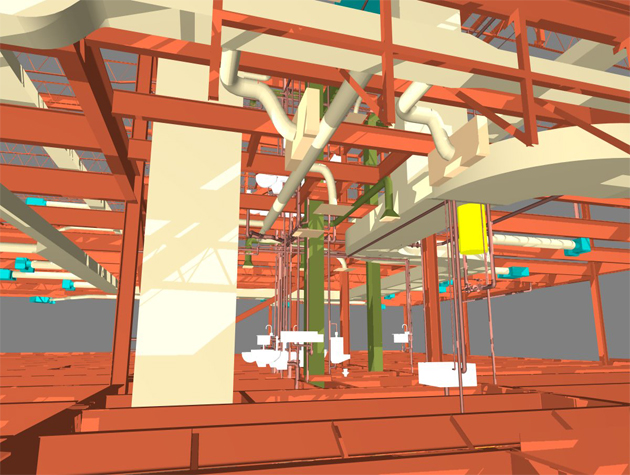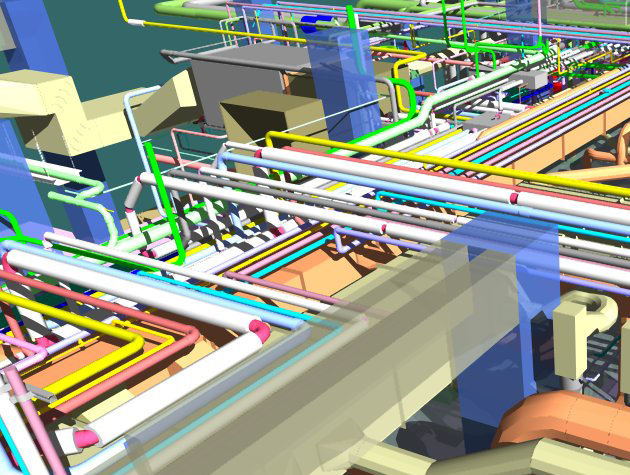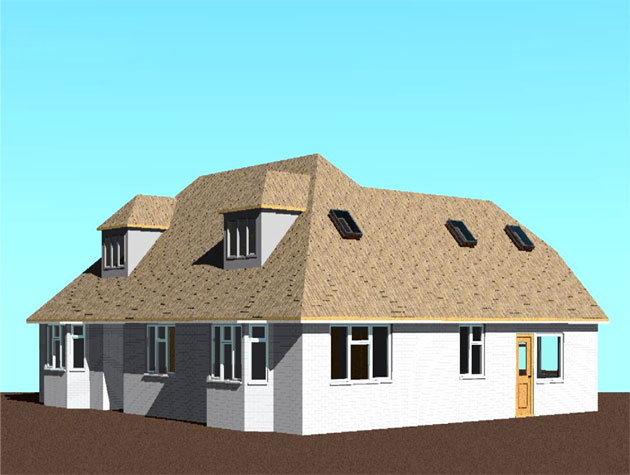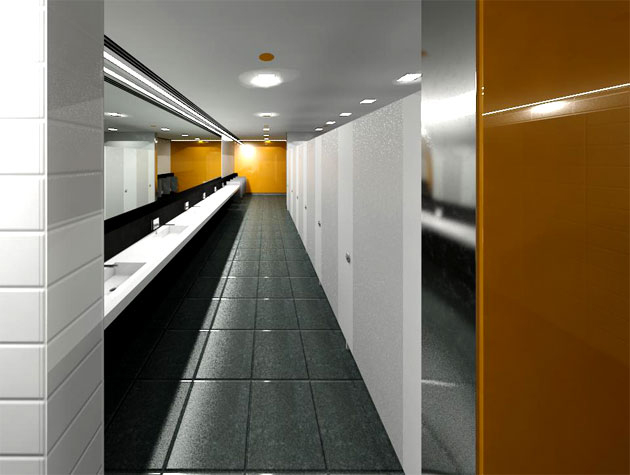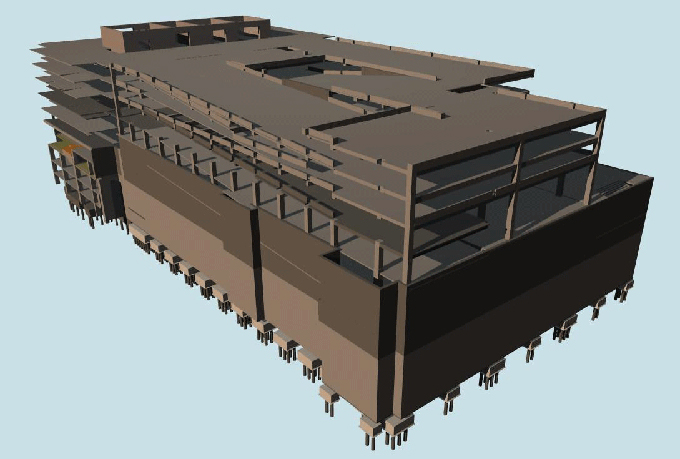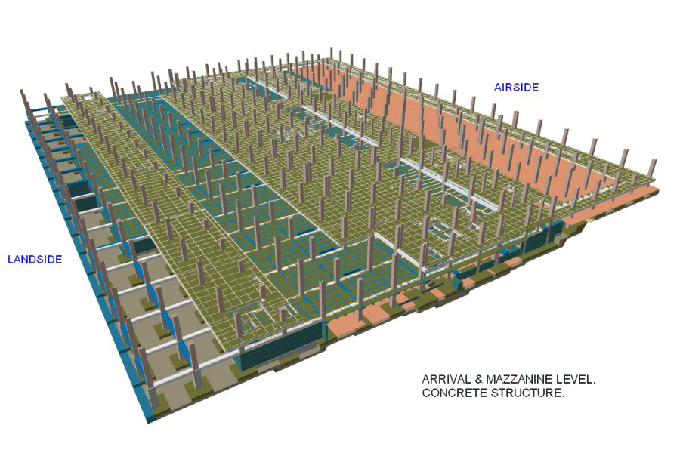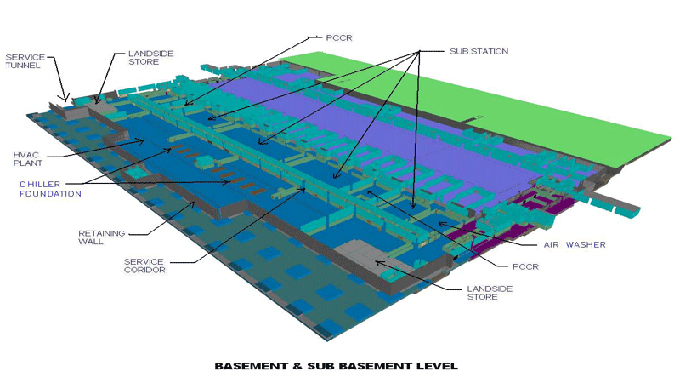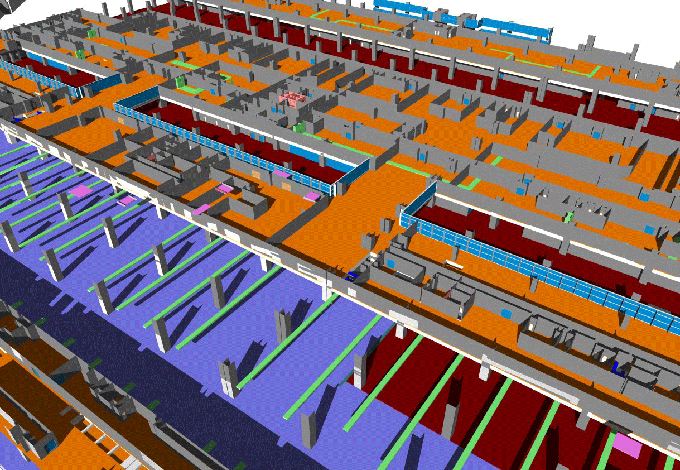What are the responsibilities and roles of a Revit Technical Support Engineer - A comprehensive overview
Tweet
A Revit Technical Support Engineer is a specialist that specialises in offering technical assistance and support to Revit software users. Their major responsibility is to assist users in troubleshooting difficulties, answering inquiries, and providing instructions on how to utilise the Revit program.
They have a thorough understanding of Revit's features, functions, and best practices, allowing them to successfully diagnose and address technical issues encountered by users. Revit Technical Support Engineers frequently work for Autodesk or authorised resellers and play an important role in ensuring that Revit users have a pleasant and productive experience.
What are the responsibilities of a Revit Support Engineer?
Revit Support Engineers provide technical assistance and support to Autodesk's Revit users. They are also known as Revit Technical Support Engineers. The following are some of the responsibilities of a Revit Support Engineer:
1. Troubleshooting: Assisting users in identifying and resolving technical issues or software errors encountered while using Revit. This may involve analyzing error messages, diagnosing problems, and providing step-by-step guidance for issue resolution.
2. Technical Support: Providing timely and accurate responses to user inquiries and support requests via various communication channels such as phone, email, or live chat. Offering guidance and solutions for Revit software usage, workflows, and best practices.
3. Knowledge Sharing: Sharing knowledge and expertise by creating and maintaining documentation, knowledge base articles, tutorials, and other resources to help users navigate and maximize the capabilities of Revit.
4. Bug Reporting and Feedback: Collaborating with users to gather detailed information on software bugs or unexpected behaviours and communicating this information to the appropriate development teams. Providing feedback and suggestions for product improvement to enhance user experience and software functionality.
5. Training and Education: Conducting training sessions, webinars, or workshops to educate users on Revit software features, updates, and advanced techniques. Assisting users in understanding and implementing BIM (Building Information Modeling) workflows effectively.
6. Collaboration with Development Teams: Liaising with internal development teams to communicate user feedback, software issues, and enhancement requests. Participating in beta testing programs to provide real-world feedback on new features or versions of the software.
7. Continuous Learning: Keeping up-to-date with the latest advancements, updates, and trends in Revit software and related technologies. Continuously expanding technical knowledge and skills to provide the highest level of support and assistance to users.
8. Customer Satisfaction: Ensuring a positive customer experience by providing friendly, professional, and effective support. Striving to understand user needs, challenges, and goals, and offer personalized solutions and recommendations.
What is the scope of taking on the role of a Revit Support Engineer as a career?
It is possible to take on the role of a Revit Support Engineer with plenty of opportunities for growth and advancement. Revit Support Engineer careers can be characterized by the following aspects:
1. High Demand: Revit is widely used in the architecture, engineering, and construction (AEC) industry, and there is a growing demand for professionals who can provide technical support and assistance for Revit users. As the adoption of BIM workflows continues to increase, the need for skilled Revit Support Engineers is expected to rise.
2. Diverse Job Opportunities: Revit Support Engineers can find employment opportunities in various settings, including software companies like Autodesk or authorized resellers, architecture firms, engineering consultancies, construction companies, and educational institutions. The role may also involve working remotely or on-site, depending on the employer and the specific job requirements.
3. Continuous Learning and Skill Development: The field of Revit support is dynamic, with software updates, new features, and evolving industry standards. As a Revit Support Engineer, you will have the opportunity to continually learn and develop your skills to stay up-to-date with the latest advancements in Revit and related technologies.
4. Interaction with Professionals: As a Revit Support Engineer, you will have the chance to interact with professionals from the AEC industry, including architects, engineers, contractors, and designers. This allows for networking and building relationships with industry experts, potentially opening doors to new opportunities or career advancement.
5. Career Progression: Starting as a Revit Support Engineer can serve as a foundation for career progression within the AEC industry. With experience and expertise, you may have the opportunity to move into roles such as Revit Implementation Specialist, BIM Coordinator, or even transition into project management or design positions.
6. Contribution to the Industry: Revit Support Engineers play a crucial role in helping users overcome challenges, enhance their skills, and achieve successful project outcomes. By providing technical support and guidance, you contribute to the overall efficiency and productivity of design and construction processes within the industry.
7. Professional Development: Pursuing a career as a Revit Support Engineer offers opportunities for professional development and certifications. Autodesk offers certifications for Revit, which can enhance your credibility and marketability in the industry. Continuous learning and acquiring additional certifications can further expand your career prospects.
How can someone become a Revit Support Engineer to pursue as a career?
Here are some steps on how to become a Revit Support Engineer to pursue as a career that can give you an idea of how you can start pursuing a career as a Revit Support Engineer:
1. Learn Revit: This is the most important step, as you will need to have a deep understanding of the software in order to provide technical support. There are many ways to learn Revit, including taking classes, online courses, or working on Revit projects.
2. Gain experience: Once you have learned Revit, you will need to gain experience working with the software. This can be done by working on Revit projects, or by volunteering to provide technical support to others.
3. Get certified: Getting certified in Revit is a great way to demonstrate your skills and knowledge to potential employers. There are several different Autodesk certifications available, including the Autodesk Certified Professional (ACP) in Revit for Architectural Design.
4. Network with other Revit professionals: Networking with other Revit professionals is a great way to learn about new opportunities and to stay up-to-date on the latest trends in Revit. You can network with other Revit professionals by attending conferences, joining online forums, or simply reaching out to people you know who work in the industry.
5. Apply for jobs: Once you have met the necessary qualifications, you can start applying for Revit Support Engineer jobs. There are many different companies that hire Revit Support Engineers, including software companies, architectural firms, and construction companies.
What are some skills and qualifications that are required for a career as a Revit Support Engineer?
Users of Revit software require technical support from Revit Support Engineers. Troubleshooting problems and finding solutions are done together with architects, engineers, and other members of the project team.
To become a Revit Support Engineer, you will need the following skills and qualifications:
1. Expertise in Revit software: This is a must-have for any Revit Support Engineer. You should be able to use Revit to create, modify, and manage models. You should also be familiar with Revit's various tools and features.
2. Problem-solving skills: Revit Support Engineers need to be able to troubleshoot problems and find solutions. This includes being able to identify the source of the problem and find a solution that works for everyone involved.
3. Communication skills: Revit Support Engineers need to be able to communicate effectively with architects, engineers, and other project team members. In addition, you must be able to explain technical concepts clearly and concisely.
4. Technical writing skills: Revit Support Engineers often need to write technical documentation, such as troubleshooting guides and tutorials. You should be able to write clear and concise technical documentation that is easy to understand.
5. Patience: Revit Support Engineers often deal with complex problems that can be difficult to solve. You should be patient and persistent when troubleshooting problems.
Besides these skills and qualifications, Revit Support Engineers must also be knowledgeable of the construction industry and BIM trends. Besides being able to meet deadlines, they should also be able to work independently.
To get online demonstration, watch the following video tutorial.
Video Source: Autodesk Building Solutions
Is there any need for a proper certification in order to become a Revit Support Engineer?
Obtaining certifications in Revit can greatly enhance your credibility and marketability as a Revit Support Engineer. Certifications from Autodesk, such as the Autodesk Certified Professional: Revit for Architecture, validate your skills and demonstrate your proficiency in working with Revit software.
While certification is not a strict requirement, it can give you a competitive edge in the job market and showcase your dedication to professional growth. Continuously updating your skills and staying informed about Revit advancements is important, whether or not you pursue certification.
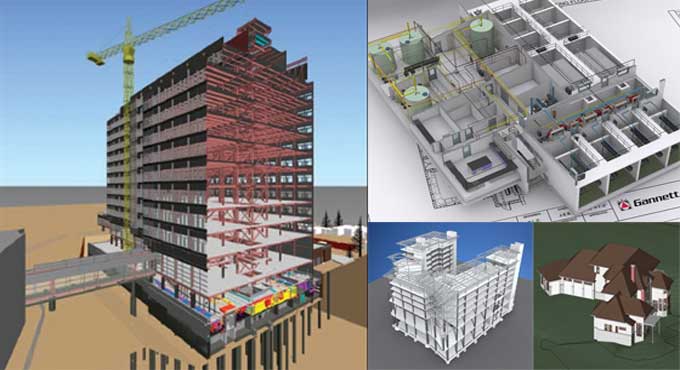
Gallery
Feel free to contact us for BIM requirements. One of our representative will respond you within 24 Hours. Send us your projects requirement today and grow your project.
Explore More !
